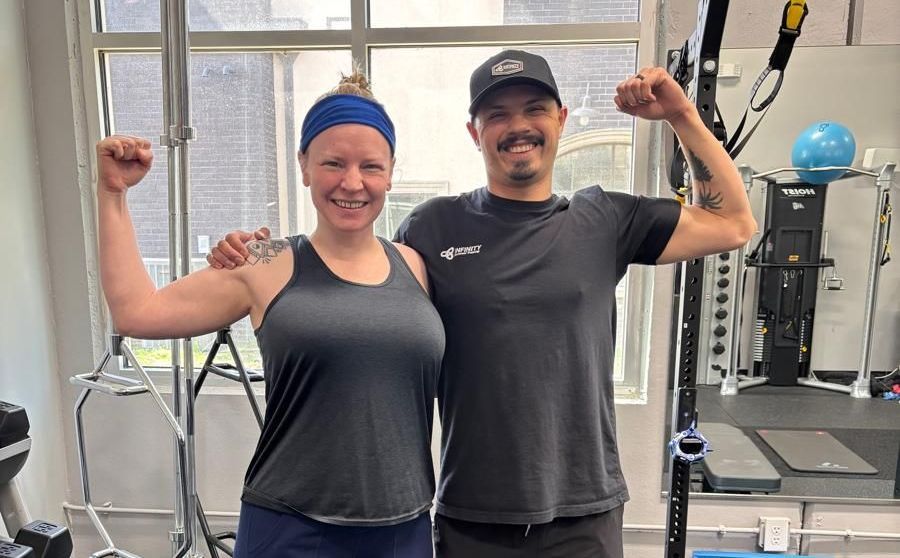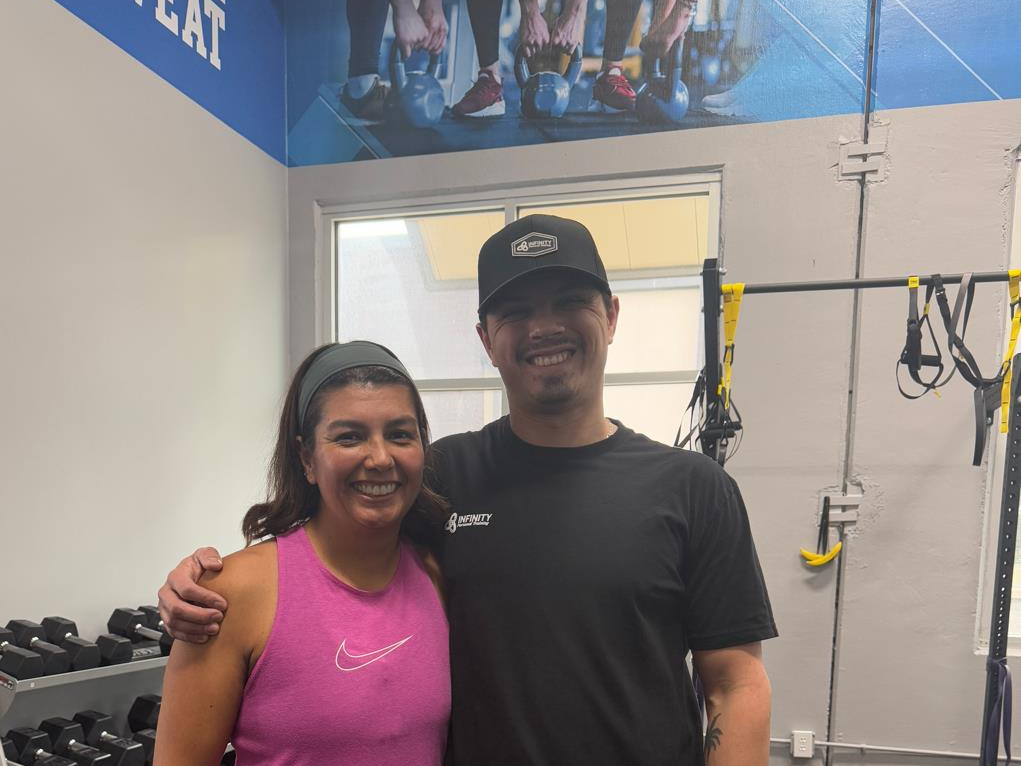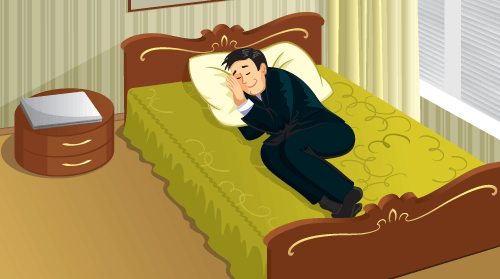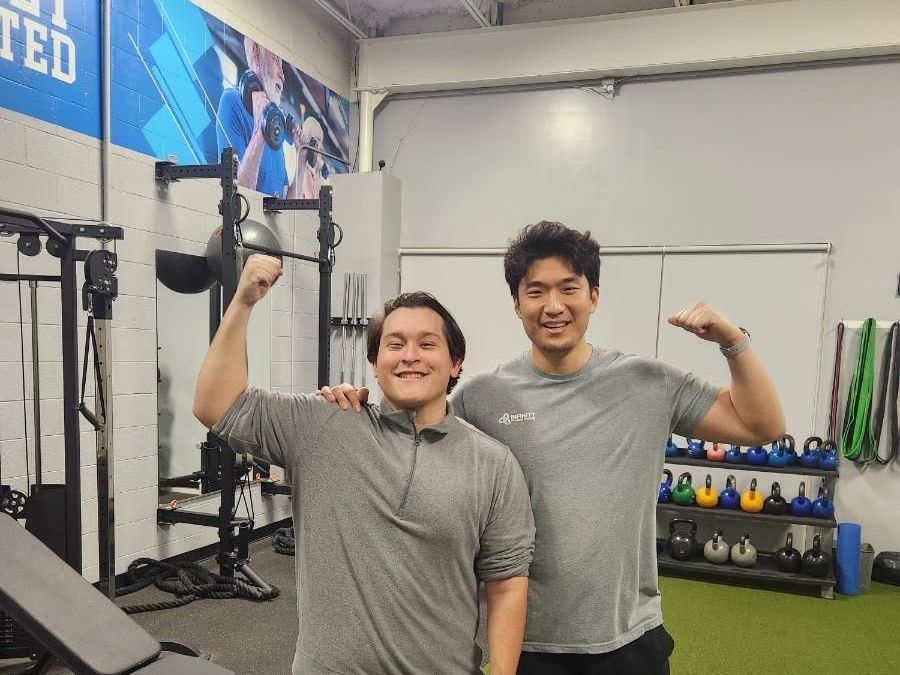Do I need Sleep to lose weight?? How important is it really?
CREATING THE IDEAL SLEEP ENVIRONMENT
1. Make your room as dark as possible. If you use an alarm clock, turn it away from you. Consider installing blackout curtains or shades. Your children should also sleep in the dark. Why you ask? When lights hits your skin, it disrupts your circadian rhythm and hinders the production of melatonin, which affects sleep and as stated above, affects weight loss and stress.
2. Use low lighting in your bedroom
3. Be aware of electromagnetic radiation. EMFs are emitted from all electronic devices. Try to keep them as far away as possible or at least 3 feet away. Some people find the electromagnetic radiation from devices (phones, clocks, etc.) impacts their sleep tremendously.
4. Turn off your TV and Increase Your Love Life. Studies show the less TV you watch at night, the better your sleep will be. Additionally, the more sex you have the better your hormonal health.
5. Keep work out of the bedroom
6. Create bedroom “Zen”
7. Paint the room with calming colors
8. Keep the bedroom clutter free and neat. You will be amazed on how much of an impact this has on your psychological happiness
9. Keep the room cool, NOT cold. The ideal temp is no hotter than 70 degrees F. Remember the body needs to be cool to ensure release of melatonin. At the same time, do not over air condition the room too cold.
10. Consider using white noise to avoid noisy surroundings (simplynoise.com)
11. If you go to the bathroom at night consider using minimal light so melatonin production isn’t shut down.
SLEEP RULES FOR SUCCESS
1. Sleep in complete darkness
2. Do not wear tight clothing as it will increase body temperature and interfere with melatonin production.
3. Establish regular sleeping hours.
4. Try getting up and sleeping in until the same time each day. Oversleeping can have negative effects as well.
5. Get to bed by 11pm. Since electricity has come into existence, we have started to stay up later and later. Our stress glands, the adrenals, recharge and recover MOST between 11pm and 1am. Going to bed before 11pm (10pm is even better) is crucial for your stress and rebuilding adrenals. Start by trying to get to bed 15 min earlier each week until you hit your target.
6. Sleep 7 – 9 hrs per night. The American Cancer Society has found higher incidences of cancer in people who sleep consistently less than 6 hours or more than 9 hours per night. If you need more than 9 hours every night, it might be time to see a doctor to address potential hypothyroidism, depression, or a iron, folic acid, or b12 deficiency.
7. See the light first thing in the morning. Daylight and morning sounds are key signals to help waken the brain. Turning on lights or opening blinds is a great way to reset the body clock and ensure that melatonin levels drop back to “awake”. Exposure to morning light has also been proven to increase your energy for the entire day. It has also been shown to increase testosterone in men and fertility in females.
8. Keep household lighting DIM from dinnertime until sleep.
TIPS IF YOU HAVE DIFFICULTY FALLING ASLEEP OR STAYING ASLEEP
1. Avoid stimulating activities before bed like watching TV or using the computer. These activities raise dopamine and noradrenaline, our brain stimulating hormones that should be higher during the day not at night.
2. If you cannot sleep, get out of bed and do something else until you feel tired.
3. Make a to do list or try writing in a journal to calm your thoughts and relieve anxiety.
4. If exercising at night, make sure its 3 hours prior to sleep
5. Take a hot bath, shower, or sauna before bed.
6. Your body will naturally cool down right after. Add Epsom salts or other bath salts.
7. Avoid caffeine during day. Its boost can last 4 to 5hrs or more in some people.
8. Avoid bedtime snacks high in sugar or simple carbs.
9. When blood sugar drops, stimulating hormones are released causing you to stay awake. Try to avoid eating 2-3 hours before bedtime.
10. Go easy on alcohol. Yes a few drinks can make you feel drowsy but its effects are short term. Alcohol is metabolized as you sleep which can result in sleep disruption. It may alter how long it takes to fall asleep and prevent you from deeper sleep cycles. One ounce or more within 2 hours of bedtime can disrupt sleep.
11. You may be getting too few carbohydrates at night or are not eating them close enough to bedtime.
12. Waking up at 3am? You may not be getting enough fat and protein in your last meal of the day or you are eating too far ahead of bedtime.
NATURAL SLEEP AIDS TO EASE SLEEP DISRUPTIONS
For relief of tension, anxiety, and pain with sleep disruption:
- GABA: a brain chemical with a calming effect. Take 500 to 1000mg before bed.
- Taurine: an amino acid with an antianxiety effect that helps calm an excited mind. May be useful for irritability, alcoholism, depression, and migraines. Inhibits the release of adrenaline and protects from anxiety. You will see it in energy drinks like redbull to actually DECREASE the effects of the stimulation in the drink. Take 500 to 1000mg a day. Should be taken without food and right before bed is most helpful.
- Tryptophan: an amino acid and building block of serotonin. Serotonin is our “happy hormone” essential to mood, sleep, memory, and appetite. Note tryptophan is available by prescription only and should be taken with 50mg Vit B6. Most effective when taken on empty stomach. Take 500 to 1000mg before bed.
For depression, anxiety, eating disorders, and pain conditions:
- 5HTP: A derivative of tryptophan that also creates more serotonin. 5 HTP has been found to be more effective than tryptophan for treating sleep issues related to anxiety, depression, and fibromyalgia. And it appears to increase REM (deep) sleep. It also decreases time required to fall asleep and decreases night time awakenings. Take 50 to 400mg a day, divided into doses throughout the day and before bed.
For ages 50+ and shift workers:
- Melatonin: melatonin decreases with age and during times of stress and depression. Take ½ to 3mg at bedtime.
A favorite for reducing Anxiety and boosting day time energy:
- L-Theanine: it’s the best choice for tension relief and relaxation through the day. It’s a calming amino acid found in green tea. Its known to cause relaxation without drowsiness. Similar to effects of meditation, it stimulates alpha brain waves naturally leading to enhanced mental clarity, attention span, and dopamine boosts. Take 50 to 200mg without food. In very high stress situations, 100mg to max 600mg can be taken every 6 hrs.
Favorite choice for busy executives or underactive thyroid:
- Ashwaganda: ayurvedic medical practitioners use this to enhance mental and physical performance, improve learning ability, and decrease stress and fatigue. Ashwaganda can be used in stressful situations, especially restlessness, or when you are feeling overwhelmed. Studies show its anti stress, anti-inflammatory, and immune modulating (regulates immune system). Typical dose is 500 to 1000mg twice daily. Capsules should have 1.5 percent withanolides.
Great choice for all types of stress, depression, and anxiety:
- RELORA: A mixture of herbal extracts magnolia officinalis and phellondendron amurense, Relora is medically proven to reduce stress and anxiety. The natural sleep aid is a favorite for anyone who tends to wake up throughout the night, for high stress people, and for menopausal women with hot flashes that cause sleep issues. It can significantly reduce cortisol within only 2 weeks. Take two 250mg capsules at bedtime and one upon rising. Its best taken without food. The most effective mixtures contain B vitamins and folic acid as well.
Others:
- Passionflower: A herb for insomnia. It aids the transition into restful sleep. It helps reduce tension and stress. Take 100mg twice daily.
- Vitamin B6: It is useful to help correct abnormally high cortisol (Stress hormone) release thought the night. Those who wake frequently, at about the hours of 2am, 4am, and 6am will benefit most from this supplement. Take 50 to 100mg before bed.
- Phosphatidlyserine: Ideal for anyone struggling with nighttime worrying. It influences disruptive release of stress hormones and protects the brain from the negative effects of stress hormones. Take 100 to 300mg before bed.
“The definition of insanity is doing the same thing over and over and expecting a different result.” There is ton of information above but again start with 1 or 2 things from each category, test it out, and if it works stick with it! The most important thing is that you realize sleep is critical not only for weight loss but for your health in the long run in general. Take action today! :)
With Your Health in Mind,
Ray Cattaneo, Owner - NASM, CPT, CES
For a free consultation to see if we can help you drop weight, feel better, or just get in shape with one of our nutrition and/or training programs click here!
Sources: The Metabolic Effect by Dr. Jade Theta, The Hormone Diet by Dr. Natasha Turner
You might also like





